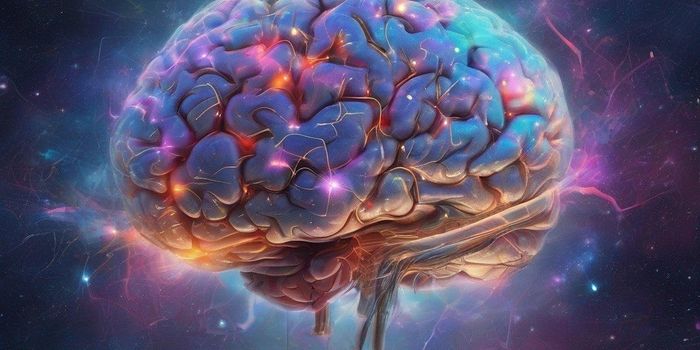Depression and Inflammation: Is There a Connection?
When the body is attacked by germs or disease, the immune system goes in to action. Its job is to fight off infection and keep the body healthy. One of the ways it does this is by triggering inflammation. While inflammation in tissues is usually bad, it does serve a purpose in the immune response. The problem becomes when there is too much of it. Just like oxygen, there has to be just enough. Too little and we die, too much, and it impacts cognitive function, causes seizures and can impair motor skills.
Researchers in the UK have recently begun to look at the connection between an overactive immune response and the incidence of depression. In an analysis of research studies on inflammation in patients with rheumatoid arthritis and Crohn’s disease, that was published by researchers from the University of Cambridge in the fall of 2016, researchers noted that anti-inflammatory medications that controlled the overflow cytokines, proteins that are secreted during the immune response, improved the symptoms of depression in some patients.
Earlier work by the same team had found that bio-markers of high levels of cytokines in children were associated with a higher incidence of depression and psychosis later in adulthood. In other words, a consistent, systemic level of chronic inflammation can be an indicator of depression risk. Treating that inflammation with a class of drugs known as “anti-cytokines” which reduce these proteins, turned out to have a positive effect on depression symptoms in some patients.
Continuing the investigation into the connection between depression and inflammation a team at King’s College in London is conducting a clinical trial to find specific biomarkers in patients and then see if the medications that treat high levels of inflammation such as those that occur in arthritis and Crohn’s, could be re-purposed to treat depression. Since it’s known that about 1/3 of depressed patients do not respond to anti-depressants or other psychological medications, new ways to treat debilitating depression must be found.
Leading the trial is Professor Ed Bullmore who is the director of research and development for the Cambridgeshire and Peterborough NHS Foundation Trust (CPFT) In an interview with the BBC he said, "Depression and inflammation often go hand in hand. If you have ’flu, the immune system reacts to that, you become inflamed and very often people find that their mood changes too. Their behaviour changes, they may become less sociable, more sleepy, more withdrawn. They may begin to have some of the negative ways of thinking that are characteristic of depression and all of that follows an infection. If we can identify the biomarkers that will allow us to predict which patients with depression are most likely to respond to anti inflammatory drugs, the good news is that there is a lot of those types of drugs already available that might turn out to be effective anti depressants. That could mean new treatments for a condition that affects 300 million people worldwide"
Hopefully, working with volunteers for the clinical trials will lead to a better understanding of how depression and inflammation are related. It’s well known that a disrupted immune response and inflammation impacts many physical illnesses, however linking it to mental illness would open up many more avenues to better treatments. Check out the video to learn more about the work.
Sources: University of Cambridge, Cambridge Network, Wellcome Trust









